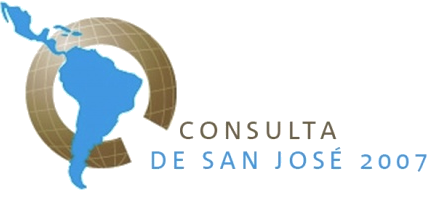Copenhagen Consensus Latin America: Education
Assessment Paper
By Amy Damon and Paul Glewwe
The working paper used by the Expert Panel is available for download here, the finalized paper has been published in the Latin American Development Priorities: Cost and Benefits book by Cambridge University Press.
Short Summary
This paper briefly describes the progress and problems of education in Latin American and Caribbean countries, and then proposes three types of policies to increase education outcomes: nutrition programs for infants and very young children; conditional cash transfer programs; and vouchers that can be used to attend private schools. The paper calculates benefit-cost ratios for each type of policy, based on the best studies available, using several alternative sets of assumptions. Studies of early childhood nutrition programs from three different countries indicate that the benefits of those programs appear to greatly exceed the costs.
Research on conditional cash transfers from three other countries suggests that the benefits usually exceed the costs if a low discount rate (3%) is used, but this is often not the case if a higher discount rate (6%) is used. Finally, a single study of a voucher program at the secondary school level in poor urban areas of Colombia suggests that the benefits greatly outweigh the costs, but one should be cautious about generalizing to other countries from a single study. The paper concludes with recommendations for further research on education policies in developing countries.

